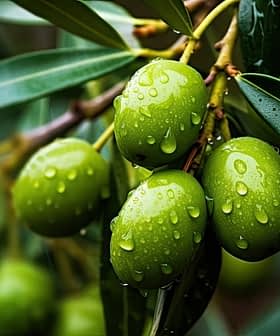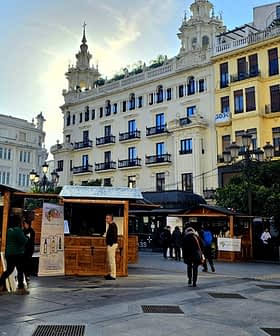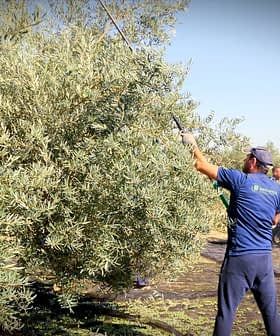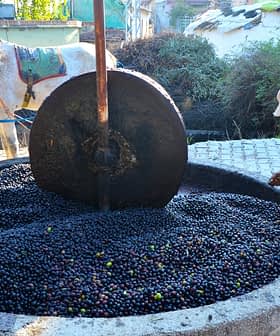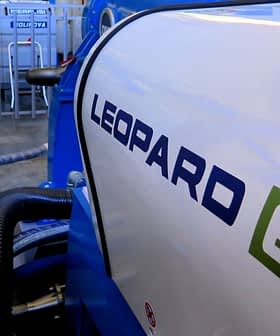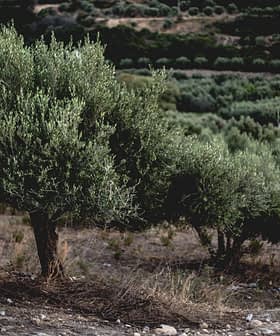As part of Project OLIVEN, a research team from the University of Jaén has concluded its study into the environmental impact of both traditional and intensive extra virgin olive oil production.
Its findings show that traditional olive groves absorb significantly more CO2 than those using intensive (high-density or super-high-density) farming methods.
To reduce the impact of virgin olive oil production, most efforts should be focused on the farming phase.
The study also provides a comprehensive breakdown of the impact of specific stages in the extra virgin olive oil production cycle by evaluating the carbon footprint, carbon balance and environmental impact of four traditional rain-fed, four irrigated and three intensive olive farms in Spain, plus 12 olive oil mills.
This includes the evaluation of water and energy use, fertilization, insecticide application and waste treatment throughout the cycle, from tree cultivation to olive transformation.
See Also:Agricultural Intensification Hurts Olive Grove ProductivityWhile the team concluded that (unpackaged) extra virgin olive oil production is mostly carbon-negative and that all three categories of olive groves act as CO2 sinks, traditional groves were revealed to be far more climate-friendly.
“[These groves] allow 5.5 kilos of CO2 equivalent to be removed from the atmosphere for each kilo of oil finally produced,” said Lázuli Fernández, the study’s lead author. “In the case of irrigated cultivation, this value drops to 4.3; and the intensive method allows capturing up to 2.7 kilos of CO2 equivalent for one kilo of oil.”
“To reduce the impact of virgin olive oil production, most efforts should be focused on the farming phase,” he added.
This follows the finding that the farming phase of the extra virgin olive oil production process accounts for 76.3 percent of the total environmental impact in the climate change category.
Associated negative environmental impacts were also highest in intensive olive groves, mostly due to the application of nitrogen fertilizers, plant protection products and herbicides.
The team recommended that a number of technically and economically viable changes be made in order to mitigate negative environmental and climate changes.
“The application of organic fertilizers and facilitating temporary spontaneous cover crops achieve a positive carbon balance and reduce the negative impacts of olive cultivation,” Fernández said.
Coming as it does during a growing trend towards intensification in olive production, the study raises further concerns about the sustainability of certain modern practices in the sector.
According to the Spanish government, Andalusia, the largest olive oil-producing region by far and home to most of the world’s highest-intensity olive groves, is among the territories most at risk of serious environmental damage from the shift away from traditional farming methods.
This trend also is not confined to Spain. The Italian Ministry of Agriculture recently approved a €30 million investment fund to finance the modernization of the country’s olive groves. One of the stated aims of the fund is to increase the use of irrigated cultivation, shown by this study to increase negative environmental impacts and decrease climate change mitigation.
Project OLIVEN is not only concerned with reducing the environmental impact of olive oil production, however. Through international cooperation, the project also aims to identify and develop new revenue streams by exploiting the sector’s waste and by-products.
To this end, the team is now turning its attention to the potential eco-friendly economic benefits that could be created via biomass gas production. Through such research, the members hope to improve long-term sustainability both ecologically and economically.


